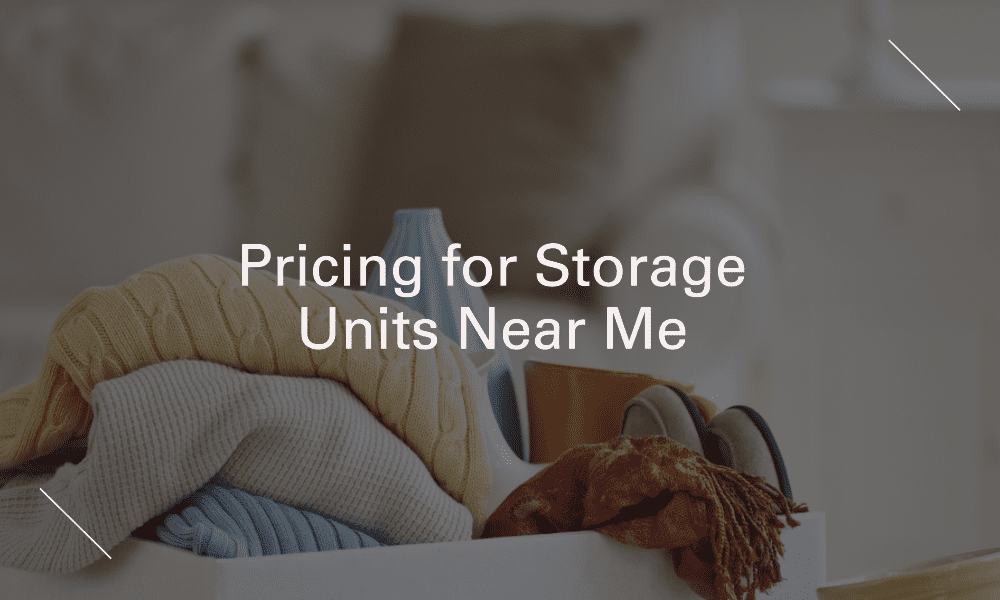
Pricing for Storage Units Near Me
Searching for storage units in your vicinity? When it comes to finding the right storage space, understanding the pricing structure is essential. Below, we break down the factors that influence storage unit pricing, so you can find the best deal without compromising on quality.
Table of Contents
Toggle1. Size Matters: Types of Storage Units
One of the primary determinants of storage unit prices is the size of the unit. Typically, these units are categorized as:
- Small Units (5×5 or 5×10 feet): Perfect for storing boxes, small furniture items, or office supplies.
- Medium Units (10×10 or 10×15 feet): Suitable for the contents of a one-bedroom apartment.
- Large Units (10×20 or 10×30 feet): Ideal for storing items from a multi-bedroom home, including appliances.
2. Location: Urban vs. Suburban
Storage facilities located in densely populated urban areas usually have higher prices than those in suburban or rural zones. This is due to higher land costs, demand, and sometimes enhanced security features in city-based facilities.
3. Climate Control: Is it Necessary?
Units with climate control generally cost more, but they provide consistent temperature and humidity levels. If you’re storing items like electronics, artwork, or antiques, this feature is a must-have.
4. Duration: Short-term vs. Long-term Rentals
Some facilities offer discounts for long-term rentals. If you know you’ll need storage for an extended period, it’s wise to ask about monthly or yearly discounts.
5. Amenities and Security
Facilities with robust security measures, such as 24/7 surveillance, individual unit alarms, or on-site personnel, might have slightly elevated prices. However, the peace of mind provided by these features is often worth the investment.
6. Access and Convenience
Storage units that offer 24-hour access, drive-up access, or indoor units can be priced differently based on these convenience factors.
7. Special Deals and Promotions
It’s common for storage facilities to offer promotions, especially during off-peak seasons. Keep an eye out for first-month free deals, student or military discounts, and referral bonuses.
8. Insurance
While this might be an additional cost, some facilities may require renters to have insurance. You can check if your homeowner’s or renter’s insurance covers stored items, or you might need to purchase a separate policy through the facility.
Conclusion
When looking for “storage units near me,” it’s crucial to not only consider the price but also evaluate the features, size, and amenities offered by each facility. By understanding the various factors influencing the cost, you can make an informed decision that aligns with your storage needs and budget.






